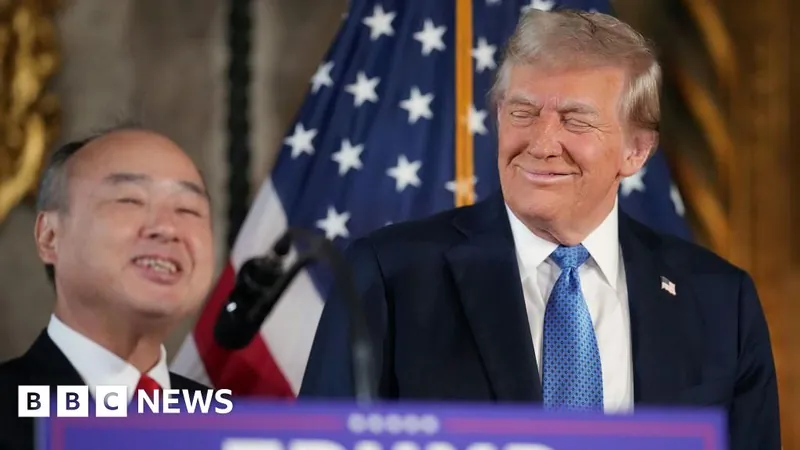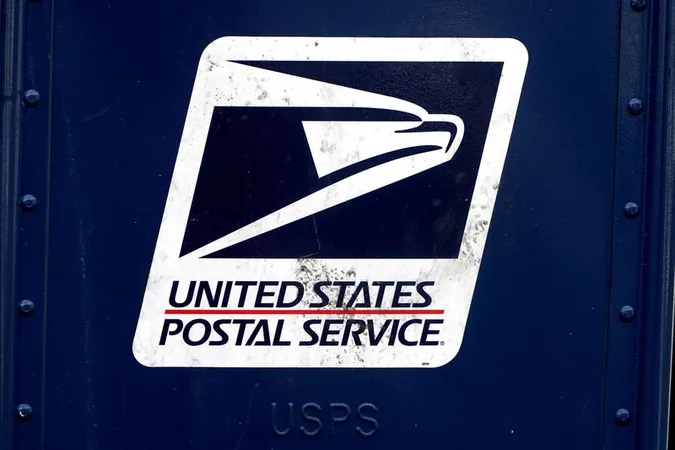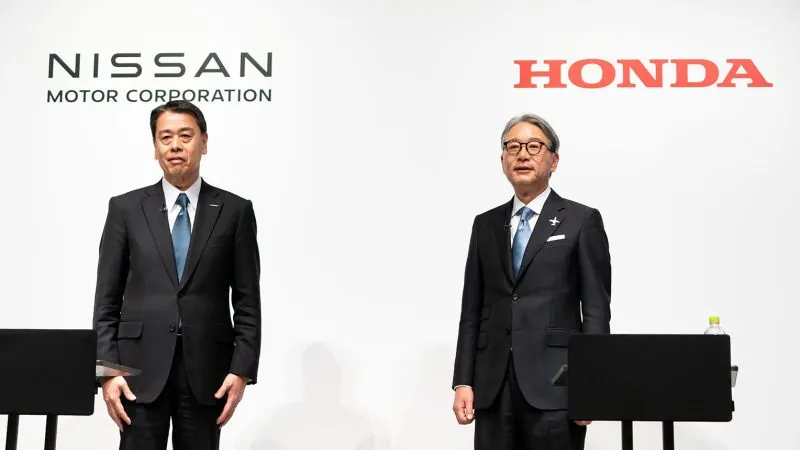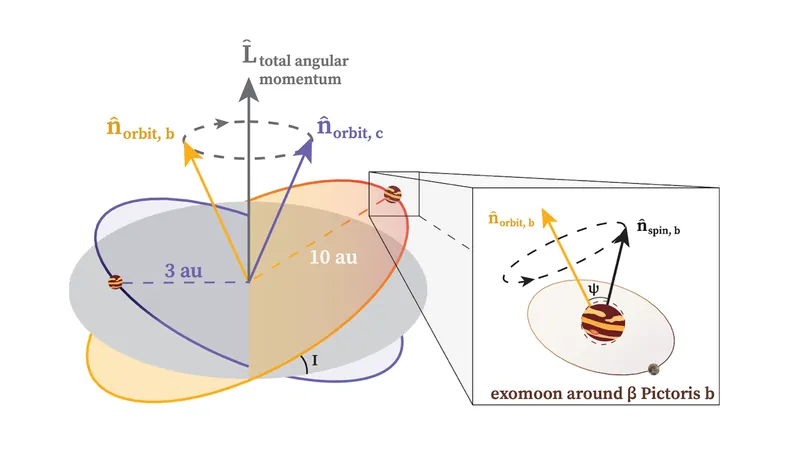
Tech Tycoon Masayoshi Son Unveils Ambitious $100 Billion Investment Plan in the U.S. – But Is It Too Good to Be True?
2024-12-17
Author: Olivia
Introduction
In a dramatic turn of events rippling through the global business landscape, Japanese tech billionaire Masayoshi Son took center stage with President-elect Donald Trump at Mar-a-Lago, making a bold pledge of investing a staggering $100 billion in the U.S. over the next four years, aiming to create an astonishing 100,000 jobs. With Trump’s administration advocating for a business-friendly climate, Son's announcement adds fuel to the fire of optimism.
Criticism and Skepticism
“Trump is a great negotiator,” Son chuckled, as Trump playfully urged him to double the initial investment commitment. However, the fanfare surrounding this ambitious plan comes with a cluster of unanswered questions. Critics are eyeing the vagueness of Son’s proposal and wondering whether these ambitious figures will materialize, especially in light of past investment misfortunes.
Financial Concerns
Son, the CEO of SoftBank Group, has been outspoken about his fascination with the potential of artificial intelligence. Earlier reports suggested he was contemplating launching a $100 billion chip venture. However, scrutiny is deepening over SoftBank's financial health; earlier this year, it held only about $30 billion in cash, raising concerns about the feasibility of Son’s grand plans given previous setbacks such as the fallout from the disastrous investment in co-working company WeWork.
Political Context
During the flash of cameras capturing the moment, Son offered little clarity on the funding specifics, leaving many wondering if this pledge is more about show than substance. Trump, embracing the moment, framed the investment as a reaffirmation of confidence in the American economy, tapping into the positive sentiments reflected in recent business surveys.
Reactions and Ramifications
“This historic investment is a monumental demonstration of confidence in America's future,” Trump announced, echoing the sentiments that have been buoying Wall Street since his campaign promised generous tax cuts and relaxed regulations aimed to entice businesses.
Looking Ahead
Looking ahead, investors anticipate Trump’s administration will facilitate swift approvals for substantial investments, reportedly favoring foreign firms that inject $1 billion or more into the U.S. economy. However, looming concerns about potential immigration crackdowns and tariffs on imports from major trading partners like China and Mexico could alter the investment landscape.
Historical Precedents
Historical precedence raises eyebrows regarding the viability of these pledges. During Trump’s first term, the spotlight often highlighted impressive-sounding investments that frequently fell short of their promises. For instance, Taiwanese tech behemoth Foxconn’s plans to erect a tech park in Wisconsin—a venture previously touted as the “eighth wonder of the world”—promised the creation of 13,000 jobs but ended with less than 1,000 and a mere fraction of the projected investment.
Conclusion
Furthermore, many of Trump’s past proclamations concerning job creation have faced similar pitfalls. Lordstown Motors, once envisioned as a savior of American manufacturing, succumbed to bankruptcy, while Alibaba’s Jack Ma over-promised on job creation and has faced scrutiny in the years since.
As Son’s ambitious undertaking unfolds, observers from both domestic and international spheres are eager to see if this $100 billion gamble will pan out, and whether it signifies a genuine shift in investment dynamics or just another chapter in a saga of bold talks with little follow-through.









 Brasil (PT)
Brasil (PT)
 Canada (EN)
Canada (EN)
 Chile (ES)
Chile (ES)
 España (ES)
España (ES)
 France (FR)
France (FR)
 Hong Kong (EN)
Hong Kong (EN)
 Italia (IT)
Italia (IT)
 日本 (JA)
日本 (JA)
 Magyarország (HU)
Magyarország (HU)
 Norge (NO)
Norge (NO)
 Polska (PL)
Polska (PL)
 Schweiz (DE)
Schweiz (DE)
 Singapore (EN)
Singapore (EN)
 Sverige (SV)
Sverige (SV)
 Suomi (FI)
Suomi (FI)
 Türkiye (TR)
Türkiye (TR)